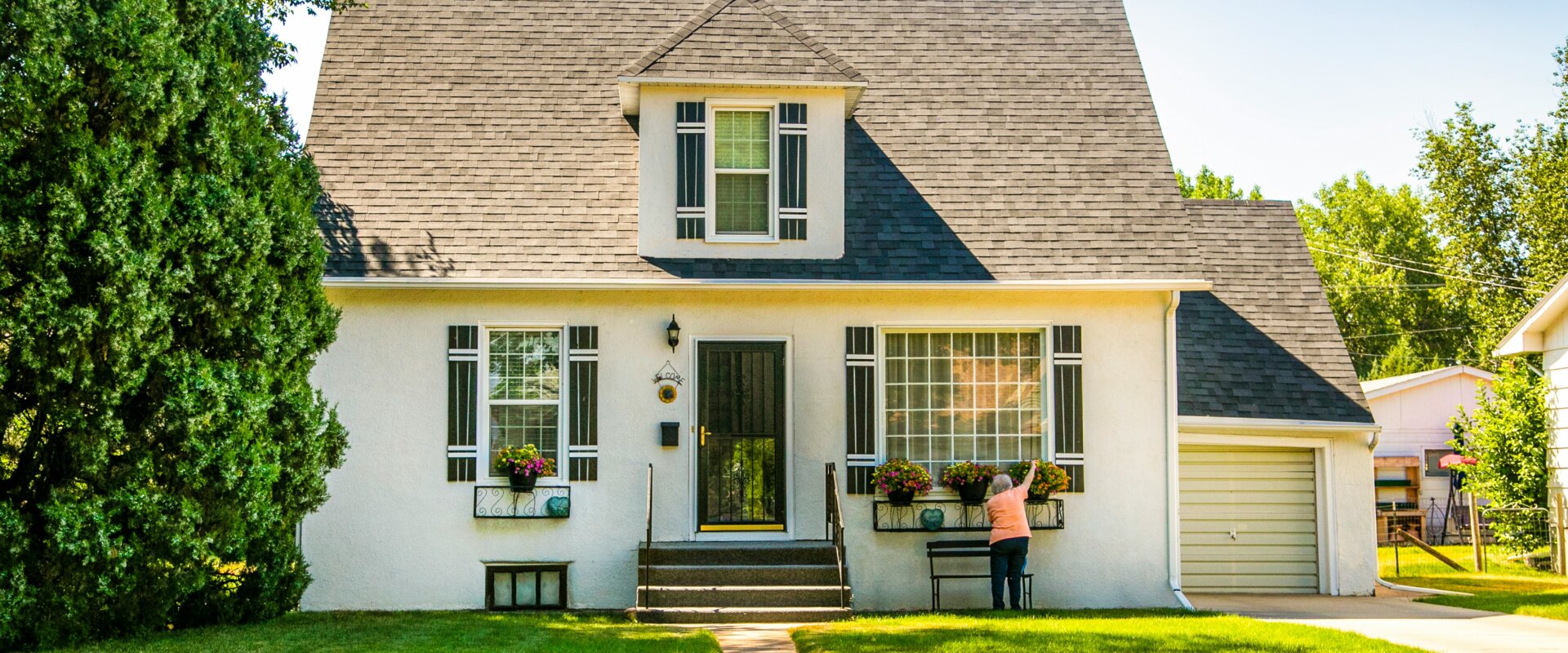In Colorado, a home can be condemned for various reasons, and the process typically involves a combination of legal, safety, and health considerations. Let’s delve into the key factors that can lead to the condemnation of a home in the Centennial State.
Structural Issues
One of the primary reasons a home may face condemnation is structural instability or significant damage. This could result from natural disasters like earthquakes or floods, or it could be due to long-term wear and tear. If a home’s structural integrity is compromised to a point where it poses a safety risk to occupants or neighboring properties, authorities may condemn it.
Building Code Violations
Colorado, like any other state, has building codes in place to ensure the safety and well-being of residents. If a home fails to meet these codes, it could be condemned. Common building code violations include inadequate electrical wiring, plumbing issues, or improper ventilation. Local building inspectors play a crucial role in identifying and addressing these violations.
Health and Sanitation Concerns
Homes with severe health hazards, such as extensive mold infestations, lead-based paint, or hazardous materials, may be condemned. These issues not only jeopardize the well-being of the current occupants but can also pose risks to future inhabitants. Local health departments are typically involved in assessing and addressing these concerns.
Abandonment
Abandoned homes are at risk of condemnation as well. Properties left unattended can become havens for illegal activities, pests, and structural deterioration. Authorities may intervene to address the issues associated with abandoned homes, which could include condemnation if the problems are irreparable.
Failure to Maintain
Regular maintenance is crucial for the upkeep of any property. Homes that are left in a state of disrepair, with issues like a leaking roof, broken windows, or a crumbling foundation, may be condemned. Neglecting necessary maintenance not only affects the property itself but can also impact the surrounding community.
Legal Process
The condemnation process in Colorado typically involves legal steps. Local government authorities, often working in conjunction with building inspectors and health officials, issue notices to property owners detailing the violations and required corrective actions. Owners are usually given a specific timeframe to address the issues.
If the property owner fails to comply within the given timeframe or if the issues are too severe to be remedied, the authorities may proceed with the condemnation process. This often includes securing the property to prevent access, notifying the public of the condemnation, and, in extreme cases, initiating the demolition of the structure.
Condemnation of a home in Colorado is a serious matter, involving a combination of safety, health, and legal considerations. By addressing structural issues, complying with building codes, maintaining properties, and promptly addressing health hazards, homeowners can mitigate the risk of their homes being condemned. It’s a shared responsibility between property owners and local authorities to ensure that homes remain safe and habitable for the well-being of the community.


